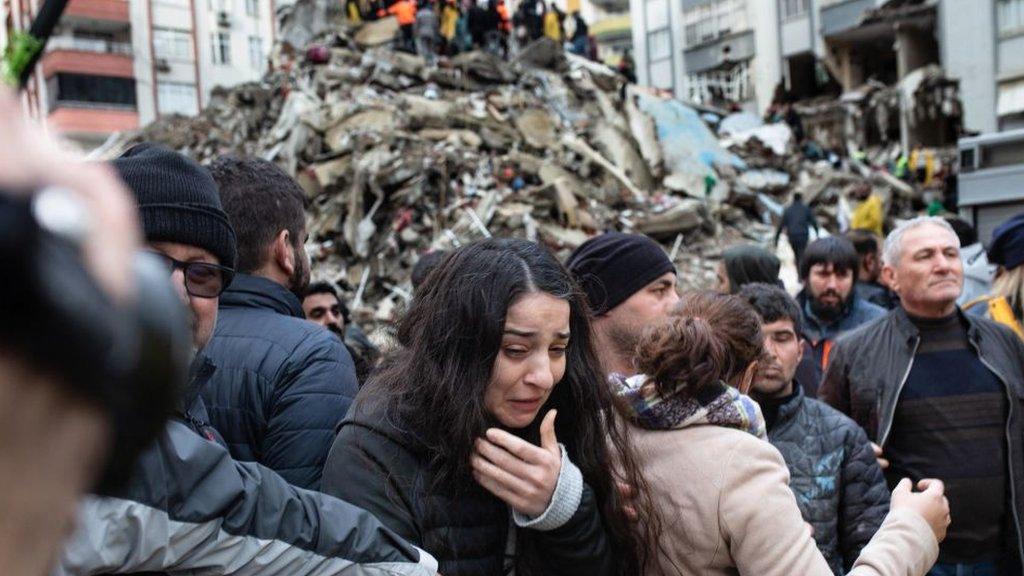Hampshire firefighters in 25-hour earthquake rescue
- Published
After more than 24 hours the earthquake victim was eventually freed by the Hampshire team
A team of firefighters deployed from the UK have rescued a man and a woman more than a week after the earthquake in Turkey.
Members from the Hampshire & Isle of Wight Fire and Rescue Service (HIWFRS) brought the pair to safety after a 25-hour long rescue in Hatay.
The nine-strong team are among 77 firefighters from the UK assisting with the search and rescue operation.
The UN has said the rescue phase is "coming to a close".
Footage from UK International Search and Rescue (UK ISAR) showed the team tunnelling for 19 hours after the voice of a woman was heard in a collapsed building in the province, close to the Syrian border.
The quakes are known to have killed almost 40,000 people in the two countries.
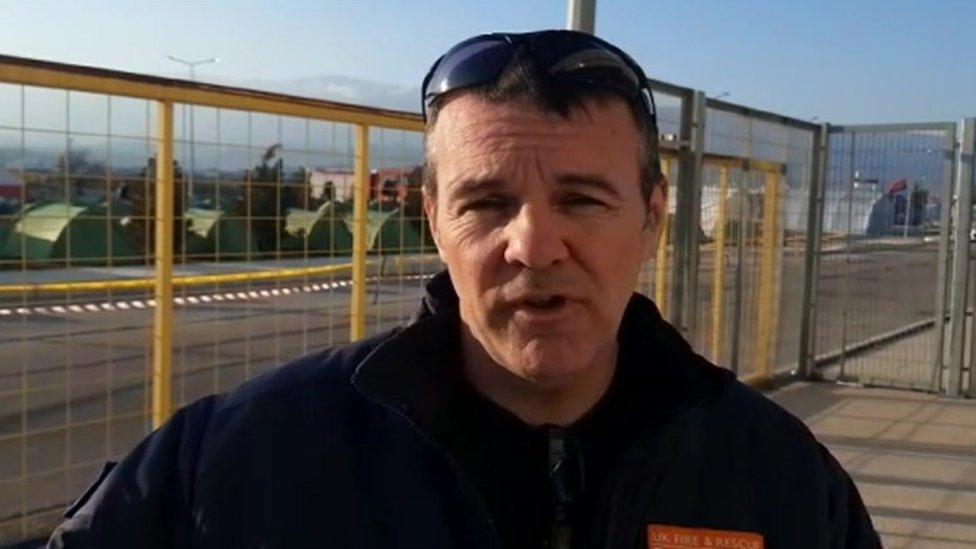
After tunnelling for 19 hours Steve Hartley and his colleagues spent another six making the void big enough to free the woman
Rescuer Steve Hartley was among those taking part: "One of the team members put his hand through some rubble and actually made contact with the casualty and held her hand, passed her water.
"It then took us a further six hours to then make the void big enough so I had to drag her the first six feet, the other team members were there to support me."
After the woman was brought to safety a man was also pulled from the ruins.
No return date has been finalised for the rescue team, a spokesman for HIWFRS said.
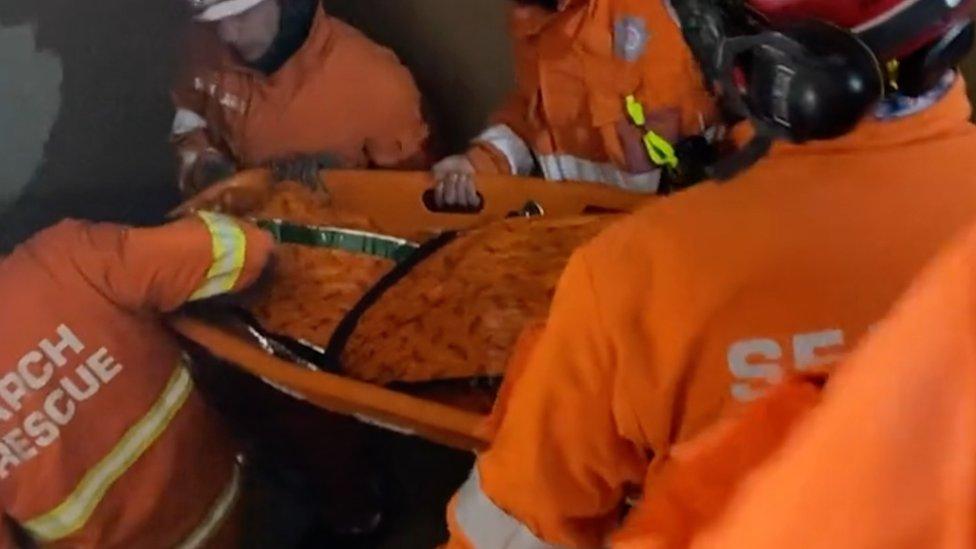
It took the Hampshire firefighters 25 hours to rescue the woman, a man was also freed
In the south-eastern mostly Kurdish city of Adiyaman the Wiltshire-based charity Serve On is working alongside search and rescue experts from across Europe.
The charity has set up its makeshift base on a university campus.
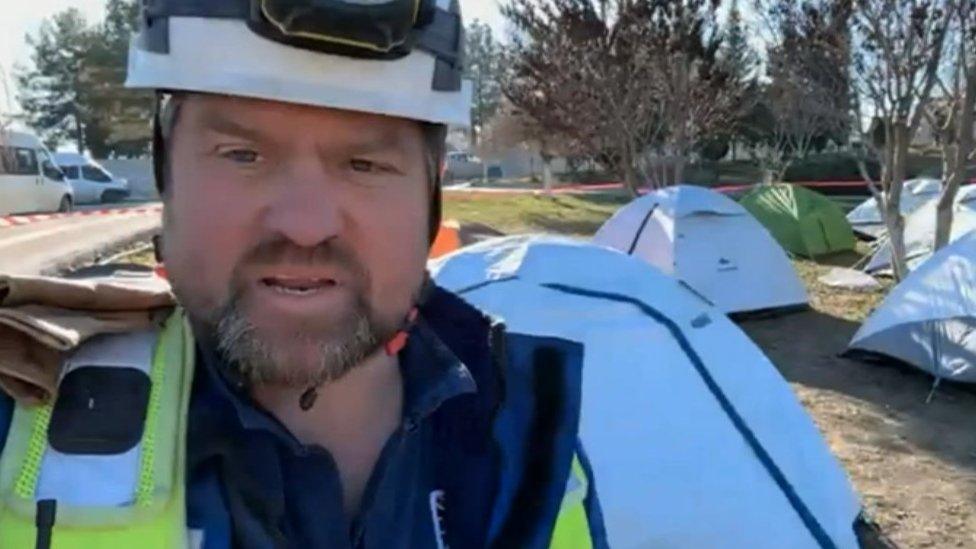
Dan Cooke said most of the jobs do not involve moments where people have survived
Volunteer Dan Cooke said: "The death toll is rising, it's high. Most of the jobs don't involve these moments where people have survived.
"It's still our job to keep going through that space, even if it is sadly just confirming there's still a lot of loss and tragedy."
The UN has said the search and rescue phase of this operation is "coming to a close" as officials turn their attention to providing survivors with shelter, food and healthcare.
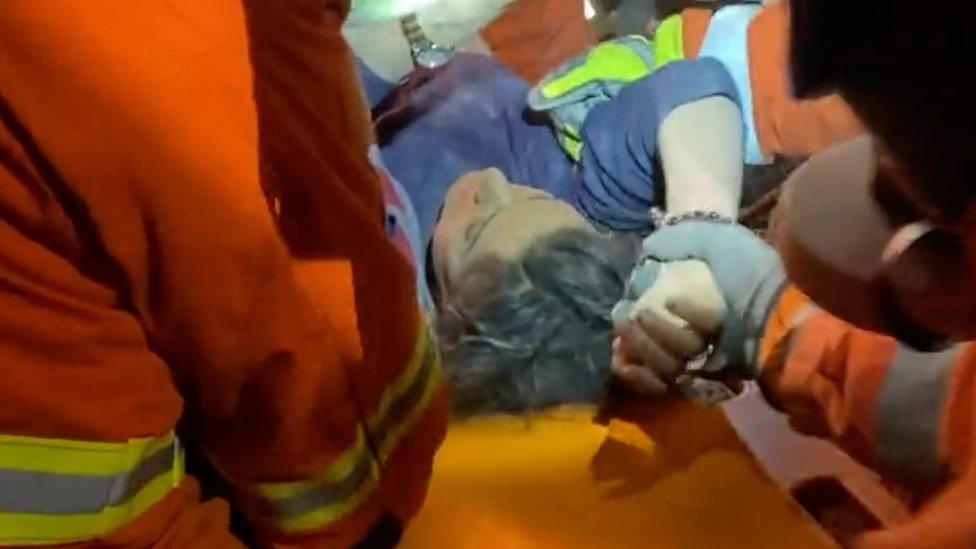

Follow BBC South on Facebook, external, Twitter, external, or Instagram, external. Send your story ideas to south.newsonline@bbc.co.uk, external.
- Published13 February 2023
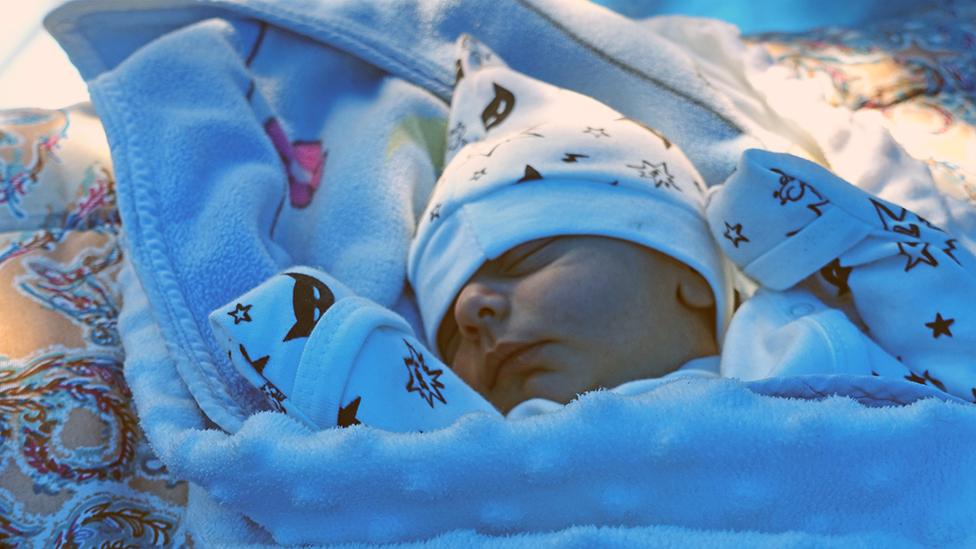
- Published13 February 2023
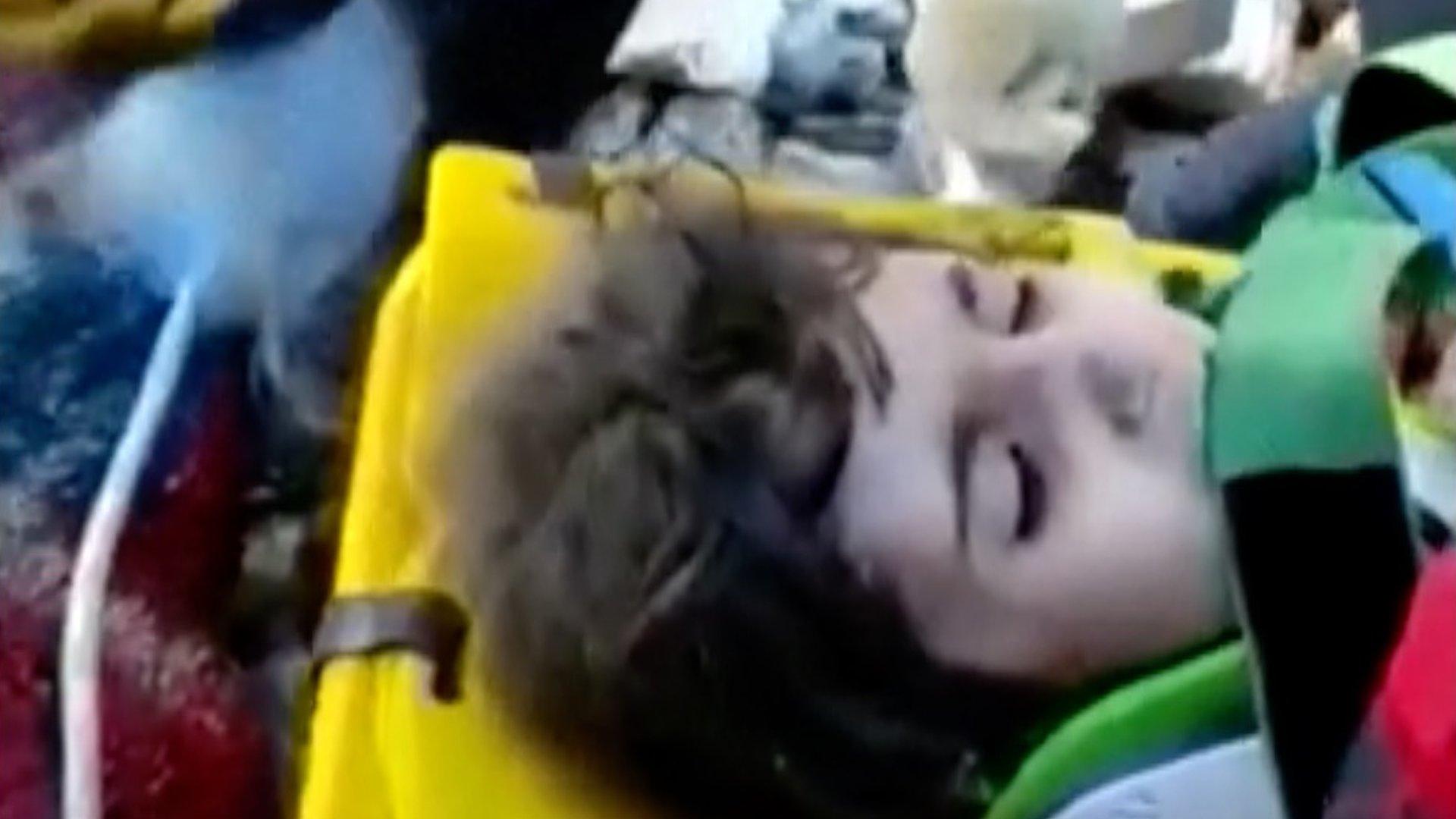
- Published13 February 2023
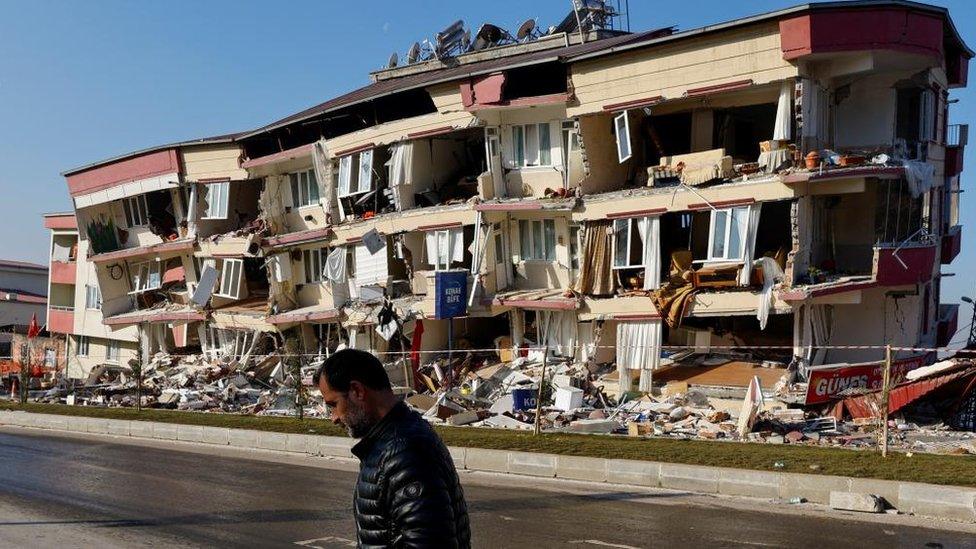
- Published6 February 2023
